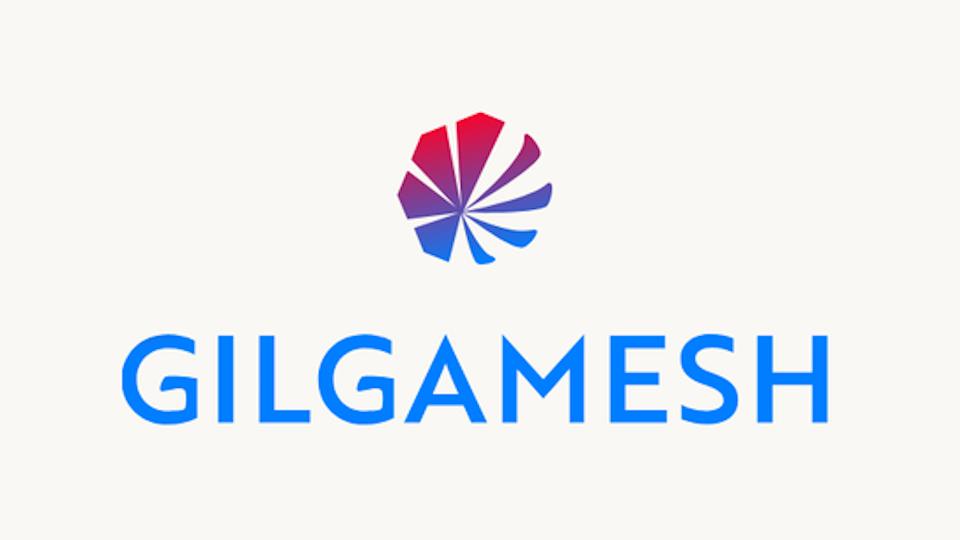France’s MedDay says drug for MS falls at phase 3 hurdle

MedDay Pharma has been unable to replicate promising results with its multiple sclerosis therapy MD1003 in a confirmatory phase 3 trial, sending the programme back to the drawing board.
The large-scale SP12 trial of MD1003 – a high dose formulation of the B vitamin biotin – failed to show any improvements in disability progression in patients with secondary and primary progressive MS, leaving the future of the drug in doubt.
The French biotech says it will now look at the SP12 results alongside an earlier, smaller MS-SPI study – which suggested that MD1003 could reverse disease progression in a small proportion of patients – as it consults with regulators.
SPI2 trial compared the safety and effectiveness of three daily 100 mg doses of biotin to placebo in 642 people with progressive MS without recent relapses, also known as non-active progressive MS.
The main endpoint was an improvement in disability, defined as either a lower score on the Expanded Disability Status Scale (EDSS), or a reduction in the time needed to walk 25 feet, and MD1003 failed to show an improvement over placebo on both measures.
MD1003 also missed the mark on secondary endpoints in the trial, including the risk of patients' disability getting worse, quality of life measures, and patient- and doctor-reported impressions of how well the therapy was working.
GlobalData analyst Philippa Salter said the outcome of SP12 wasn’t wholly unexpected in light of discussions with MS experts, who had expressed scepticism about the chance of success.
“The failure of MD1003 in a larger phase 3 is hugely disappointing since … progressive forms of MS is a big unmet need and there would have been significant opportunity in the MS market for MD1003 if it had been able to replicate the positive results,” she added.
In the 154-patient MS-SPI trial reported four years ago, which used the same efficacy measure, around 13% of the MD1003 treated group showed an improvement at nine months that was still evident at 12 months, compared to none of the placebo patients.
“We will review the findings in detail to understand these outcomes to help inform future clinical research in progressive MS and other neurological diseases,” said MedDay’s chief scientific officer and co-founder Dr Frédéric Sedel.
“I remain confident of the importance of the neurometabolic approach to neurodegenerative diseases with high unmet medical need.”
There’s no question that the failed trial is a big blow for MedDay however, as the drug is its only clinical-stage programme.
The biotech is also developing MD1003 in phase 2 for Charcot-Marie-Tooth disease, a group of inherited conditions characterised by damage to peripheral nerves, and in phase 1 for hepatic encephalopathy, a decline in brain function that occurs as a result of severe liver disease.
Salter said that MD1003’s failure could create opportunities for other drugs targeting non-active progressive forms of MS, including Ab Science’s masitinib, which generated positive phase 2 results last month.












